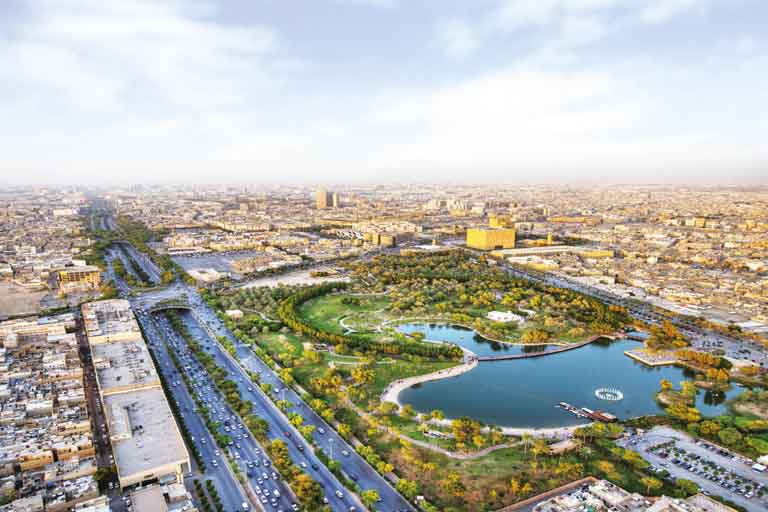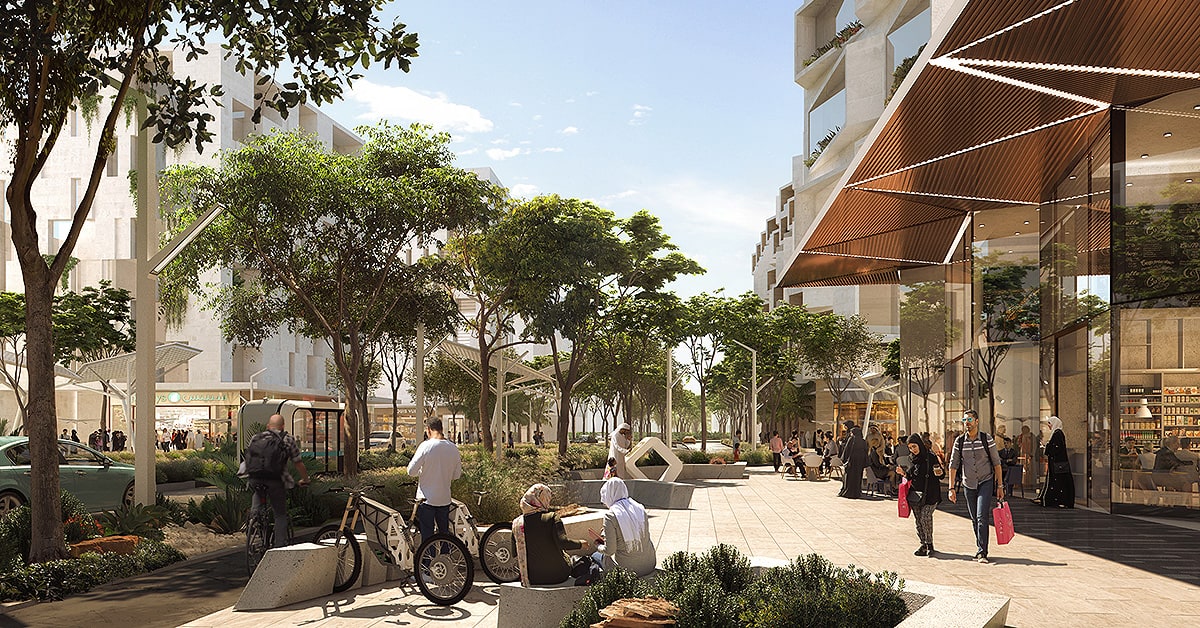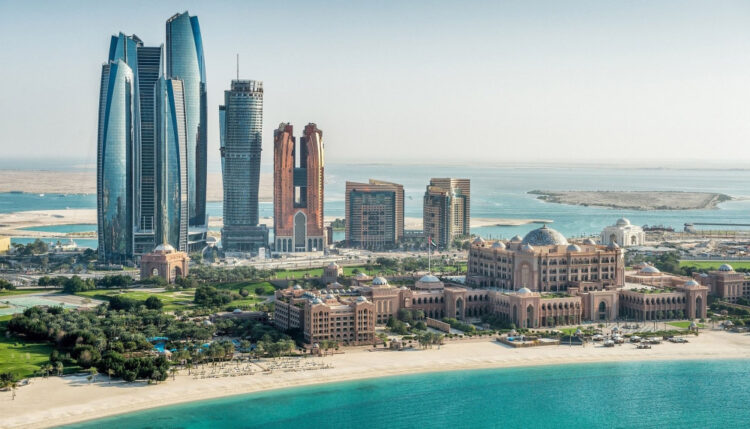The Saudi Arabia hospitality sector is changing and let us tell you why.
We are all familiar with the catastrophic effect that industrialization has caused on our environment. But things weren’t changing for the hospitality industry. However, after Covid-19 has rocked the world for almost 2 good years, we are finally learning that environment conservation is our first priority and we have to make changes in each and every industry, no matter how profitable it is. This belief has been the main reason for the change in the hospitality industry where we are now rethinking our traditional approaches and rethinking hospitality, in a way to achieve two targets at once- save the planet and redesign the business ecosystem and increase investment.
This wave of change can be noticed especially in the Kingdom of Saudi Arabia and the wider MENA ( Middle Eastern Northern Africa) region, where new business models are being developed to create an economy while sustaining the environment and protecting the natural landscapes to meet the needs of the present as well as future generations.
And this wave, instead of destroying the existing hospitality landscape, brought with it new resources like social inclusivity, diversity and healthy growth of the economy. Growth in employment opportunities can be seen as it is supported by vocational training which is focused on resource management and protection of the environment catering for increasing growth in the Kingdom’s domestic travel industry.

The global carbon dioxide emissions from the tourism sector only amount to 5% and in that, the contribution of hotels is only 2%, still, the hotel industry is choosing to reward its community that helps its survival. Human capital is being leveraged against natural resources to create an ideal balanced approach. Hoteliers are achieving this by adopting organic foods, simple whole foods, environmentally friendly products and creating a renewable energy ecosystem that plays a major role in the sustainable growth of the hospitality industry.
Also, adopting sustainable growth 101 tactics like recycling, reducing waste generation, efficient use of energy and water, reducing carbon footprint and building a mindset whose core essence revolves around sustainability and cultural understanding of the hospitality sector.
Another talked about method of environmental conservation has been the promotion of the use of non-conventional resources, and the MENA region and Saudi Arabia have adapted that. It can be ascertained that they are investing in developing non-conventional sources of energy such as solar power, wind power and energy efficiency products such as LED lights which overall, promote green and clean energy.
If you know the MENA region, it is known for scarcity of water, and changes in the hospitality sector are majorly focusing on water conservation. Hoteliers are promoting the use of low-flow toilets, and infrared-activated faucets, using organic amenities like all the products which are made of natural ingredients.
The reason why Saudi Arabia and the MENA region are focused on changing their hospitality sector is because of how valuable this sector is to their economy.
In 2019 alone, the tours and travel industry contributed nearly 180.4 billion dirhams or 11.6 per cent of the total gross domestic product of the UAE economy. And one of the goals of the Saudis is to establish itself as the biggest tourist hub among its other competitors. The UAE is focusing on reducing its oil reliance by increasing the number of hotels built for the needs of tourists which would further help expand the contribution of the hospitality sector to countries’ gross domestic product by up to 15 per cent. This plan also includes investments in enormous forestation campaigns to large-scale ” Giga projects “.
Another way Saudi Arabia is trying to dominate the tourism industry is by investing in the world’s biggest, never heard before, human capital development projects.
These projects will be focusing on skill training of young Saudi men and women revolving around the kingdom’s hospitality industry, travel and tourism sector. This would flourish the industry with an ambitious and skilled workforce, ready to contribute to its growth.
The investment project would also focus on creating employment of all kinds in the industry- seasonal, part-time and full-time, to use the potential of developing human capital. These schemes and projects will not only benefit the tourism sector but also help the community by providing better income generation opportunities and increasing income levels.

As the whole world is recovering from the pandemic, so is the global tourism industry.
For the MENA Markets and the Saudi Arabia market, the growth rate has been astounding. In the first quarter itself, the total revenue from the Saudi Arabia hospitality sector was 11 billion dirhams which is 20 per cent more than in 2019. This was attributed to international tourists flooding the country, mainly from India, the United Kingdom, the United States of America and Russia. Some events that helped this tremendous growth can be – the 2020 Expo in Dubai, and even higher rates are expected during the fourth quarter of 2022 because of the world cup and Riyadh season.
A recent survey has reported that around 81% of global tourists and travellers are inclined toward sustainable and environment-friendly hotels and modes of transportation. Therefore the kingdom’s government is starting to fulfil the rising demand in markets with innovative investments which would promote environmental conservation, increase corporate responsibility towards societal development and responsible marketing and management of resources.
The Hospitality sector in Saudi Arabia is well versed with the title of the first class in the world and now it’s high time it adapts itself to the changing ecosystem, where quantity is being replaced with quality, conventional with unconventional resources and is enriching its human capital with necessary skills and knowledge so as it can contribute towards a better future. A future where the main goal of human activity is long-term survival, mitigation of climate change, and conservation of biodiversity all while maintaining socio-economic stability.

























